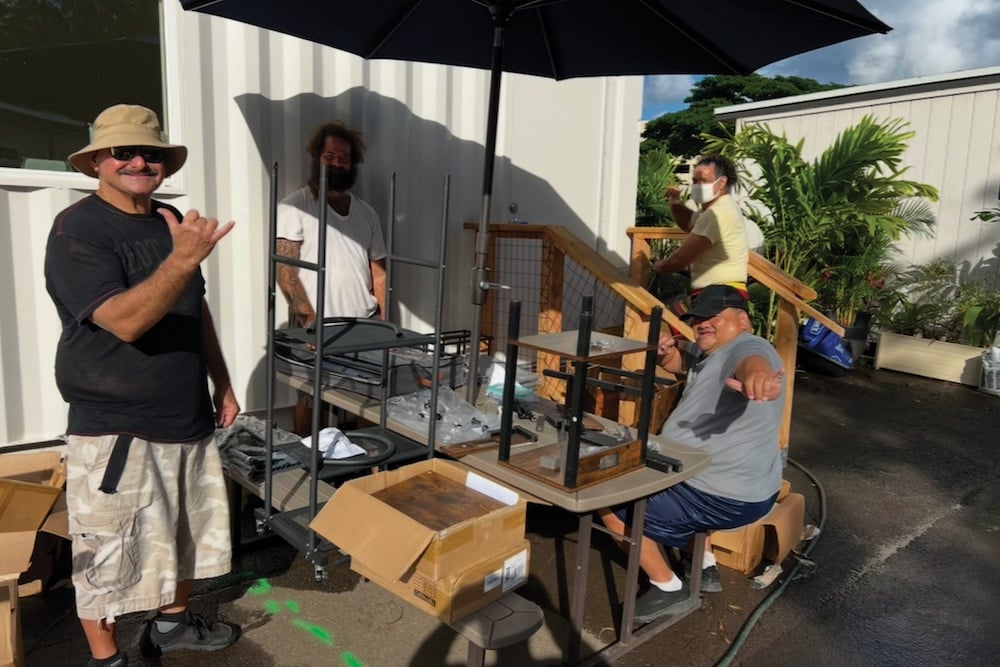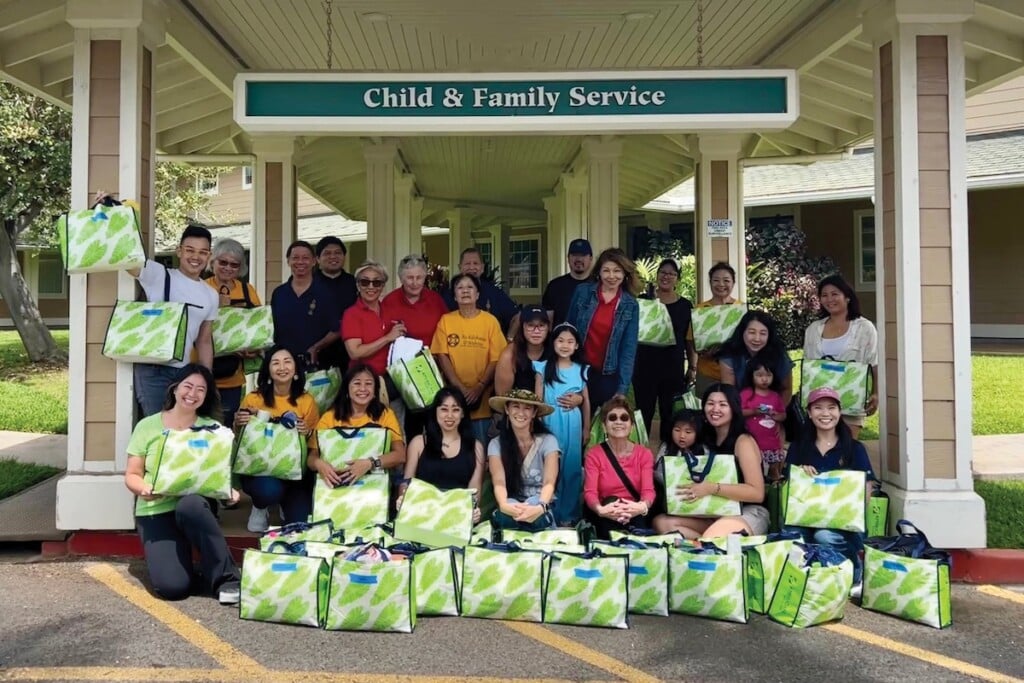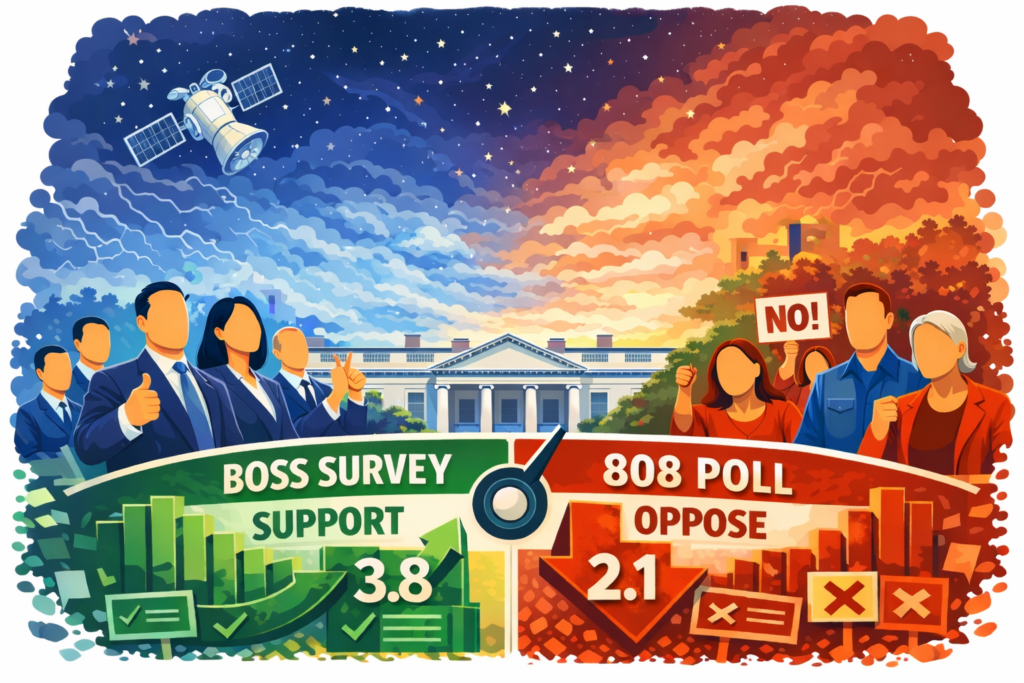From Prison to Purpose: IHS’ Re-entry Program Helps Rebuild Lives
The Institute for Human Services’ transitional housing and support services aims to keep people out of prison permanently.

Too often, people released from prison eventually violate their parole or commit new crimes and end up back in prison. The Institute for Human Services, known for its work with homeless people, is trying to end that cycle with a re-entry program that serves as a bridge between release from prison and full reintegration into society.
The program provides shelter and services, so residents have a base from which to secure vital documents, apply for jobs, begin work and open bank accounts while being part of a community of like-minded people looking to make a new start. Right now, the program has 40 participants spread across three sites, one of them supervised by Tana Alualu, who himself spent seven years behind bars.
Eddie Reed, incarcerated intermittently since 2010, says he finds inspiration in the program’s combination of freedom and support, which he says has created career opportunities for him and fueled his personal growth. When you talk with Reed, you realize that, for him, simply living a “normal” life is remarkable.
“My worst jail experience was in 2019,” says Reed, who works at Waikiki Market. “This time … I told myself it was time to change. I had exhausted every option. My family didn’t want to be around me anymore – not my grandpa, not my friends. I had no one left and I knew I couldn’t keep living that way.”
He shares a space with roommate Jerrick Kaanoi within the communal village called the IHS Re-Entry Village of Redemption.
“The best part is, after work I can come home to this space, a space I call home, a space where I can feel normal. … It gives us relief, like, hey, we’re normal,” he says. “We’re doing something normal, and it keeps you striving for better opportunities.”
Kaanoi, with a 17-year prison history, says he has found safety and stability at IHS, in stark contrast to his past.
“My mentality has changed. I used to let heartaches, bad experiences and mistakes pile up, but I don’t want to regret my life anymore. Now I’m on a path that feels good, safe and possible … so I keep moving forward.”
Kaanoi recently received a welcome surprise: a promotion to grocery manager at Waikiki Market.
“Seeing your boss see something in you that you never saw in yourself before – that’s a wonderful feeling,” he says.
A criminal past can be a constant obstacle, a stigma that lingers long after a person is released from prison. “Once people find out about our past, they don’t want to give us a chance,” Reed says.
Yet securing a job is part of the journey. That’s where the federal work opportunity tax credit can make a difference; it offers businesses financial incentives to hire individuals with criminal backgrounds.
As the program’s leader, Alualu’s mentorship is crucial. He brings an infectious energy and an unwavering belief in the participants’ potential, and he understands the challenges they face.
“When you give somebody freedom and they’re ready to make a change, they’ll move mountains – not only for themselves but for those around them,” Alualu says.
“The biggest reward for me is seeing that transformation. Not many ex-felons would do what [Reed and Kaanoi] have done, and that’s what keeps me going. It’s a reward greater than any paycheck.”
Says Reed: “We come out of an environment where we’ve been locked up, where someone is always telling us what to do and how to do it. But here, it’s different. Being here feels normal. In this environment, I don’t feel like I’m on parole or like I’ve been locked up. For the first time in a long time, I feel like I have freedom and peace.”
You can donate to IHS at ihshawaii.org/donate.






